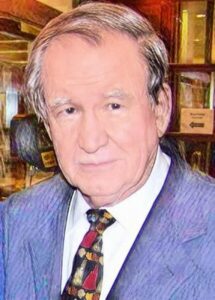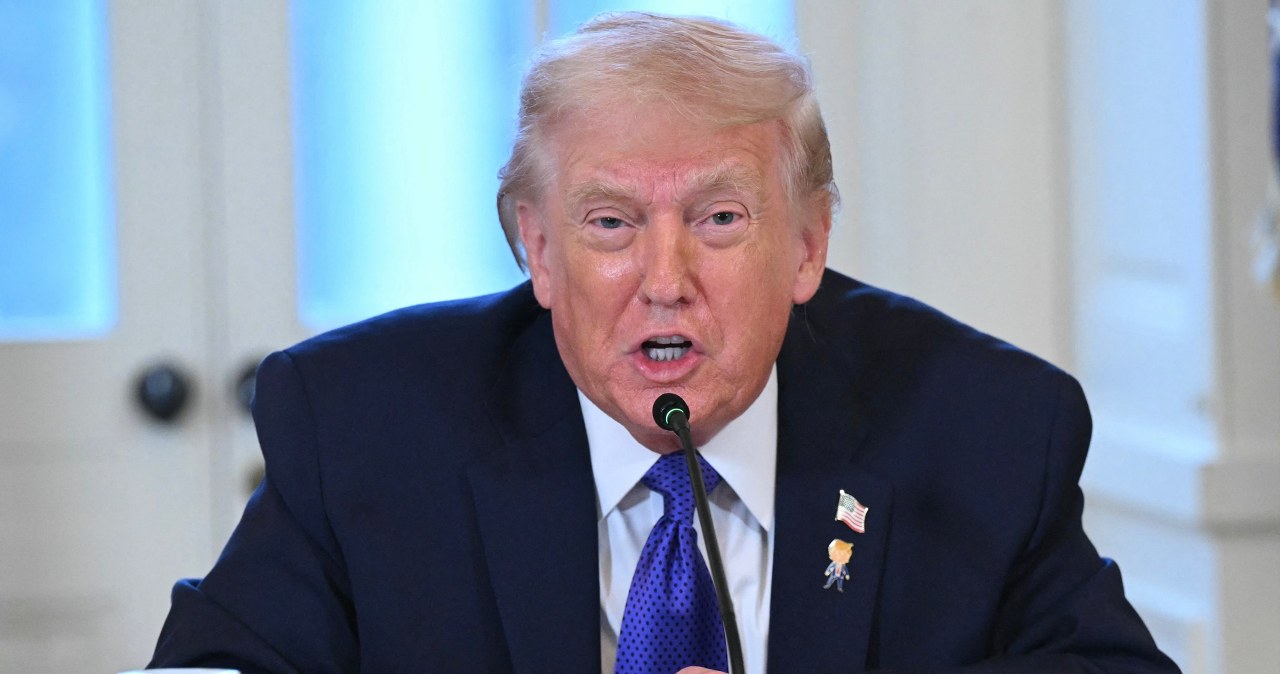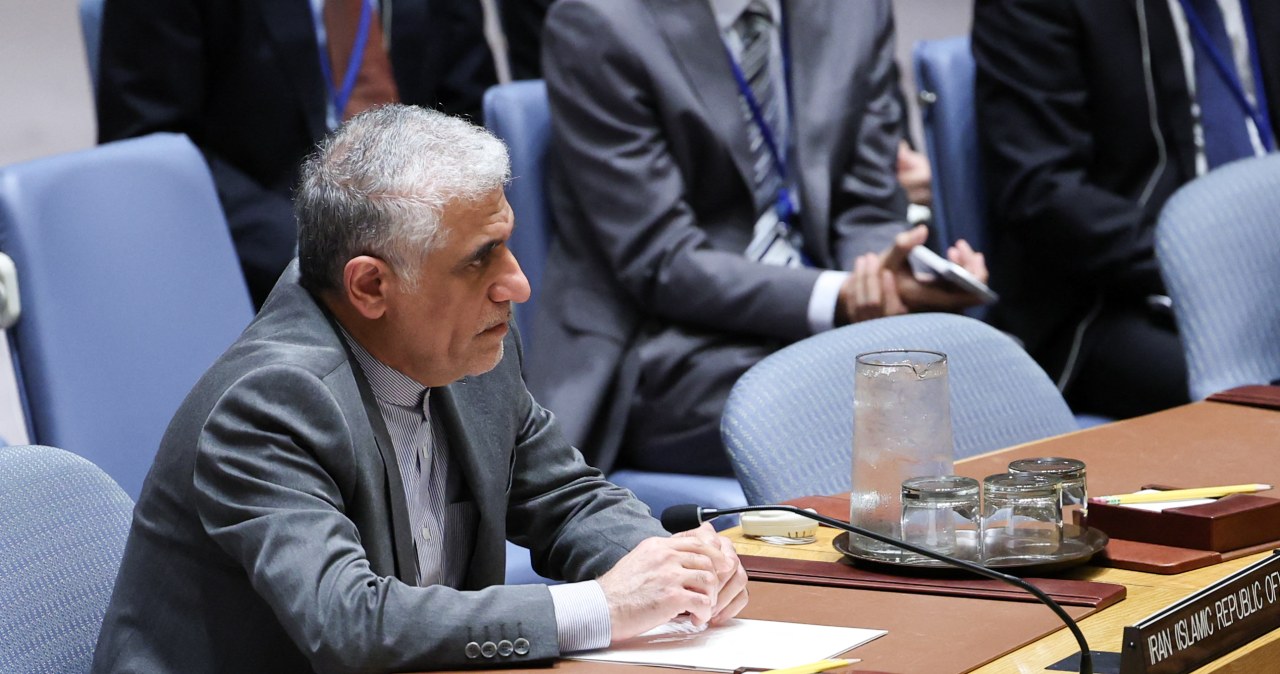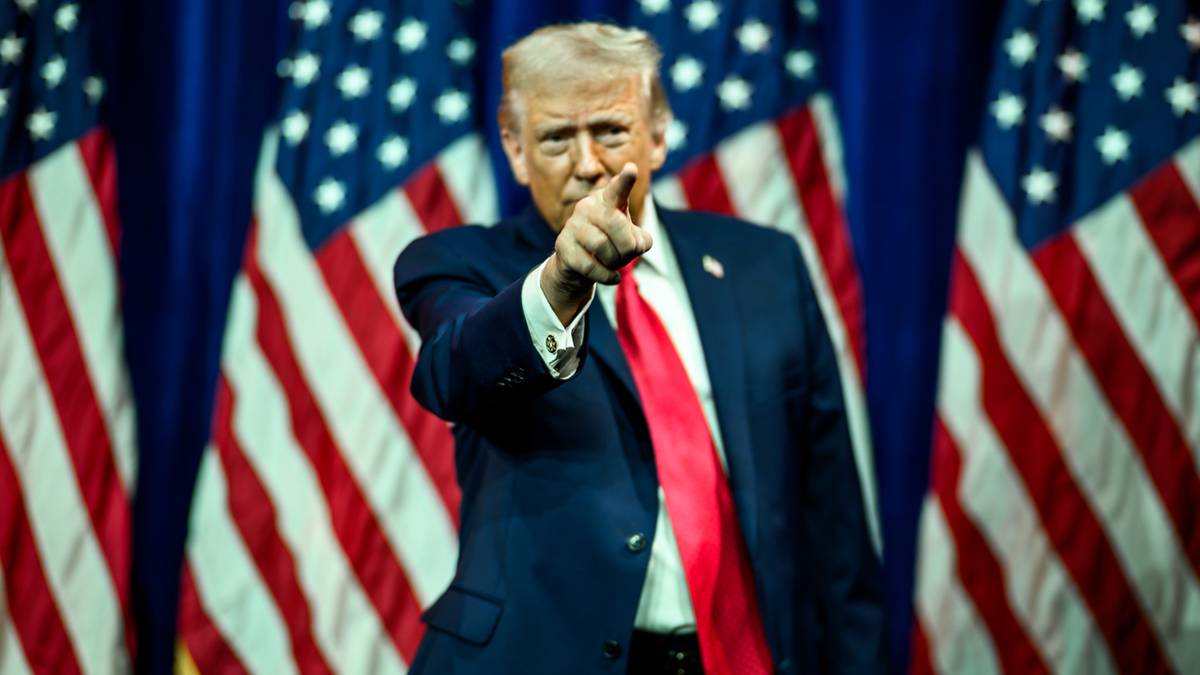It must have been in the Summer of 2005. On a warm southern Ontario evening my brother and I made the trip to the cinema complex at Mississauga’s Square One Plaza [Canada]. However, as we had done several times before seeing a movie, we made the traditional intellectual pit stop at the nearby Chapters [bookstore].

While my brother, ever the aviation fanatic, looked over the latest publications pertaining to his field of interest, I made my way over to the history and political science sections. At one point I came across a title that sounded very catchy, i.e., Where the Right Went Wrong. It happened to be last one on the shelf. I also noticed that the author’s name rang a bell: Patrick J. Buchanan. Having read the summary and the recommendations I had no doubt this was the book I wanted to spend the rest of Summer 2005 with. By that time my political views were solidly grounded, nurtured by the excellent ethics and philosophy lectures at my alma mater, the Catholic University of Lublin.
I set out to find why the United States since 9/11 acted the way it did. The conventional Amerika-type explanations were simply unsatisfactory. Here finally was a tour de force of the malaise. I must admit that before reading Where the Right Went Wrong I could have asked the same question that apparently George W. Bush once posed to his late father: “What’s a neocon?”
Buchanan laid it all out: the ideological creed of that unsavory band of warmongers called neoconservatives, the emphasis on the unparalleled hubris of the Bush II administration attempting to “rid the world of evil,” all combined into a historical, political, and sociological analysis of a country that was on the road to perdition. A conservative takedown of a conservative-in-name-only administration. And all this from a former adviser to American presidents, three-time presidential candidate, public intellectual, tv personality and, what struck me most, a Latin Mass attending Catholic. Finally, a book I could truly call “foundational.”
As the years went by, I would become a certified Pat Buchanan fan of sorts. Back in my native Poland, I quickly devoured the local translation of The Death of the West. Names like “Gramsci” and terms like “Frankfurt School” would become essential parts of my vocabulary in heated political discussions. Buchanan was an influencer of sorts, who with precision and whit would hammer away in intellectual shock and awe fashion at all our common enemies: globalism, the European Union, the heresy of Modernism in the Catholic Church, the neocons, the multicultural Left. Reading Pat’s books and columns simply became an intellectual necessity—and remains so to this day.
The crucial (to some paradoxical) lesson of Pat Buchanan’s long career in politics and journalism is this: loyalty and taking a principled stand go hand in hand. To see why, I recommend reading his last two-volume memoir of his days with Richard Nixon, before and during the presidency. Only Buchanan can combine stories of how he bummed cigarettes from Pat Nixon with timeless political insight and historical reference. The esteemed Ronald Reagan biographer Craig Shirley wrote in 2015, “like Moses, Buchanan wasn’t allowed to go to the Promised Land, but over the years he has been vindicated on many, many issues.”
There is no need here to elaborate on the obvious and well-documented, by both friendly and hostile authors, ideological affinity between the man who coined the term “Silent Majority” and Donald J. Trump. Suffice to say that Buchanan is the only public persona that I know of to whom Trump offered apologies after having engaged in some very nasty name calling in the heated race for Reform Party presidential nominee in 2000.
It can be argued that if it were not for “pitchfork Pat,” who planted the seeds of populist nationalism during his insurgent presidential campaigns, Jerry Goldsmith’s epic theme from Air Force One might have preceded someone else’s remarks during election night 2016.
As one of the founders of The American Conservative, Buchanan would give American patriots and “conservatives of the heart”, disgusted with the trajectory of their beloved country, a platform from which to intellectually strike at the enemies of “the Old Republic” and whose influence cannot be underestimated. We have come a long way since those heady days of neoconservative supremacy when anathemas against “unpatriotic conservatives” really made a difference.
I can also testify that Pat Buchanan has become a global symbol of what true American conservatism stands for. It would be hard to find anyone in my circle of political and journalistic colleagues who is not familiar with Buchanan’s works. Pat is an icon of an older, better America. American readers know exactly what I mean when I refer to America’s better days; still, I would submit that Timothy Stanley captured it well when he wrote in his biography of the man: “Buchanan’s America—a world of religious mystery, Joe McCarthy, obedient wives, patriotic teamsters, Latin Masses, Saturday Night at the Movies, Buck Rogers, apple pie, stink bombs and Sputniks—was long gone. Even Georgetown was now a plush shopping district, more Ralph Lauren than Roman Catholic. When country-and-western singer Johnny Cash died in 2003, Pat said in an interview ‘Johnny Cash is gone and it is fitting, because the America we grew up in is gone, too. We grew up in another country. Johnny Cash wrote and sang our songs’.”
“Another country” indeed.
On the other hand, if it were not for the “fire in the hearts of men” that this American legend lit in so many of his fellow countrymen, setting the stage for any eventual populist counterrevolution part deux—an imperfect one having already occurred in 2016—in the United States would be a lot harder. After all it was none other than David Brooks who just a few days after Trump’s election described Buchanan as “the most influential public intellectual in America today.”
In honor of this great American on his 83rd birthday, I encourage all to settle down with a Pat Buchanan book, listen to one of his many interviews given over the years (the ones about adventures with Nixon are a historic treasure) or even re-live the humor accompanying the 1996 presidential campaign. It’s always a good time to seek inspiration and insight from this intellectual and political titan. To paraphrase the campaign slogan of his former boss, Richard Nixon, “Pat Buchanan now more than ever!”
Mr. Buchanan, from all of us here in Poland, sto lat!
Michał Krupa

 3 lat temu
3 lat temu













